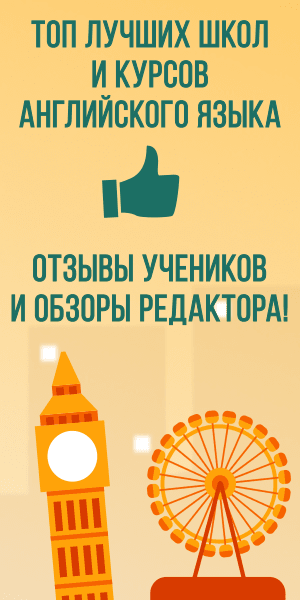The topic I’m to speak about is under the title “The Origin of the Olympic Games” and it deals with the great meaning of the Olympic Games in our life. It’s impossible to speak about the modern Olympic Games without mentioning its history. Perhaps the main difference between the ancient and modern Olympics is that for the ancient Greeks the Games were a way of saluting their gods when the modern Games are a manner of saluting the athletic talents of people of all nations.
The first Olympic Games were held in ancient Greece in 776 B.C. Athletes, artists and even poets gathered at the temple of Zeus at Olympia. There, writers and artists shared their works and the athletes held a race that was roughly 191 yards long. As time went on, the festival became more complicated and more and more athletic events were added. The main events were running, wrestling, boxing, horse racing and a pentathlon (five different events). In the early games, valuable prizes were awarded. Later, the prize was a branch of wild olives. But the thing is, that only amateur, nonprofessional athletes were allowed to compete in that Game. In our days everyone allowed either or not he or she is even paid to perform, to compete in the Olympic Games. After the Roman emperor Theodosius banned the games in 393 A.D., the Olympic Games disappeared for almost 1500 years.
In 1896 a member of the French nobility, Baron Pierre de Coubertin, suggested that the games should be brought back. And in 1896 the first modern games were held in Greece, and since then they have been held every four years – except during times of World War 1 and World War 2. Thirteen countries competed at the Olympic Games in 1896. Nine sports were on the agenda: cycling, fencing, gymnastics, lawn tennis, shooting, swimming, track and field events, weightlifting and wrestling.
In our days there are much more competitions and each one has its own history. For example:
Rowing: this kind of sport is said to be born in ancient Egypt when people have to move their boats not only down the rivers but up the rivers too.
Pentathlon is another kind of sport that has its own history too. In ancient Greece, the pentathlon event tested an athlete’s all-around strength and ability. It was revived for modern games as a similar test taking place over five days. From 1912 to 1924 the pentathlon consisted of a sprint, long jump, discus throw, javelin throw, and a long-distance run. Later, the pentathlon was changed to be a test of “military” skills. It includes horseback riding, fencing, pistol-shooting, swimming and cross-country running.
Still, the pentathlons are not the biggest challenge. The decathlon is thought to be the most challenging of all Olympic events. It takes up two days and includes ten different events. It consists of a sprint, long jump, shot put, high jump and a run on the first day. On the second day athletes compete in the hurdles, discus throws pole vault, javelin throw, and long-distance run.
Each Olympic game lasts about two weeks. There is no age limit and medals are awarded for individual events. Another brilliant thing about the Olympic Games is that there is a symbol of the peaceful competition that signifies the Olympics. It’s the torch. Before each set of Olympic Games, runners carry a torch all the way from Greece to the site of the games. This is done to remind people of how the games began. It also reminds them that the games are run in the same spirit as the games of ancient Greece which were created to show that peoples bodies should be as fit and healthy as their minds.
In 1924 the first winter games were held, before that year there were only summer games. Winter games include various forms if skiing, skating, ice-hockey, and bobsledding. The last winter games were held in Torino, Italy. They were held from the 10th till the 26th of February, 2006. About 1500 athletes from more than 60 countries competed there. About 7400 journalists from all over the world reported about the games. Germany won most of the gold, silver and bronze medals. The total number is 29. The second place was won by the USA (25 medals). And Canada was the third winning country (24 medals).
In 2014 the winter Olympic Games could be held in Sochi, Russia. And that is why I decided to do a research paper on the Olympic Games. It inspired me and maybe I will even have a chance to visit them for the first time in my life.








